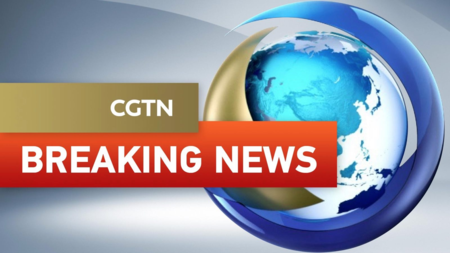Late Wednesday, under Washington's dusky sky, two Israeli embassy staffers fell victim to gunfire near the city's prominent Jewish museum, sending shockwaves through diplomatic circles.
U.S. Homeland Security Secretary Kristi Noem confirmed the two employees were pronounced dead at the scene. The Metropolitan Police Department, supported by federal agents, has cordoned off the area as investigators piece together the timeline.
Witness accounts describe a brief but intense volley of shots before the suspect – still at large – fled into nearby streets. Surveillance footage and on-the-ground forensics are now central to the rapidly evolving probe.
Diplomats often rely on meticulously planned security protocols. Last year alone, the Bureau of Diplomatic Security logged over 200 incidents involving embassy personnel worldwide, highlighting the persistent threat environment they navigate.
The attack prompted swift reactions from Washington and Jerusalem. The U.S. State Department pledged full cooperation, while Israeli officials demanded a comprehensive and transparent investigation. Global leaders from Europe to Asia released statements condemning the violence.
For young professionals and thought leaders, this tragic event raises urgent questions: How can we safeguard those who represent national interests abroad? And what does this mean for diplomatic engagement in an era of heightened security risks?
Reference(s):
Two Israeli embassy staff shot dead near Jewish museum in Washington
cgtn.com



